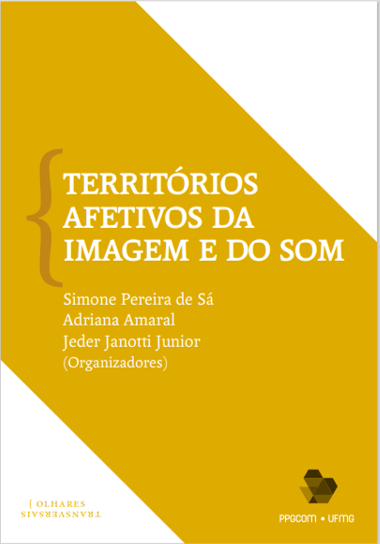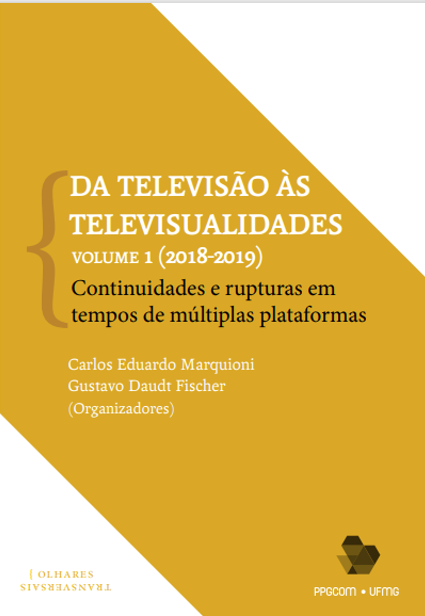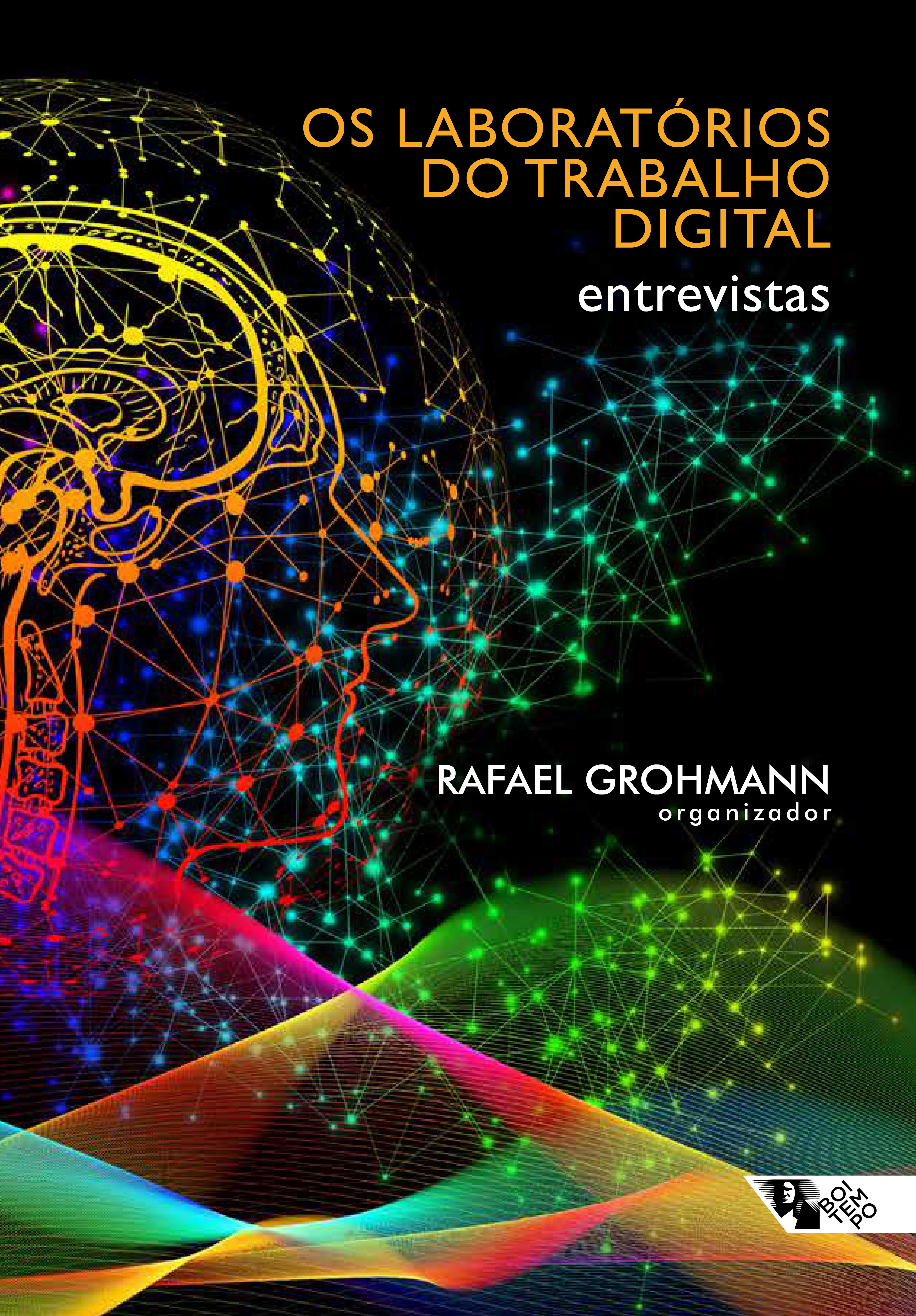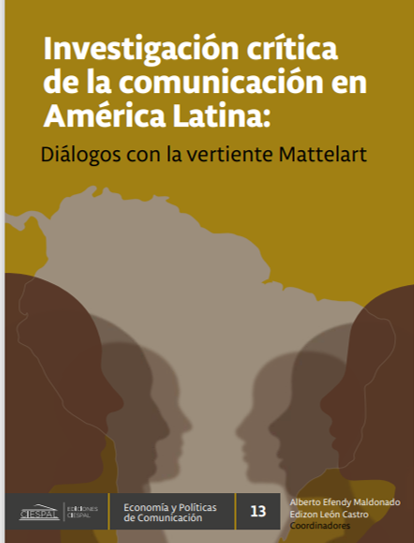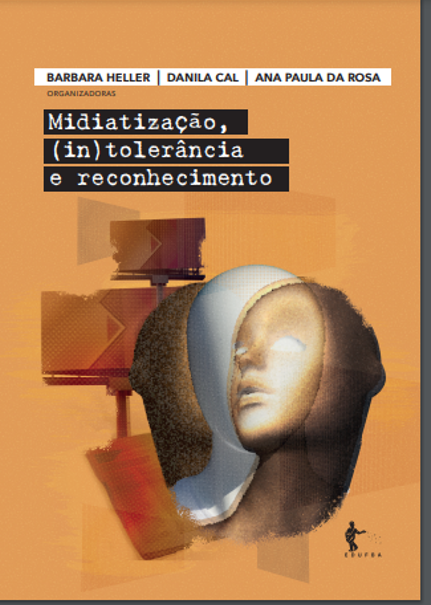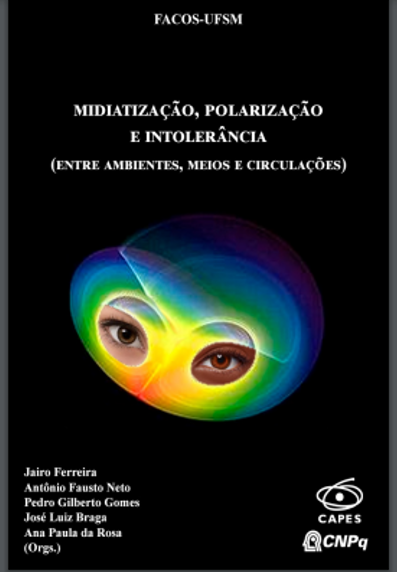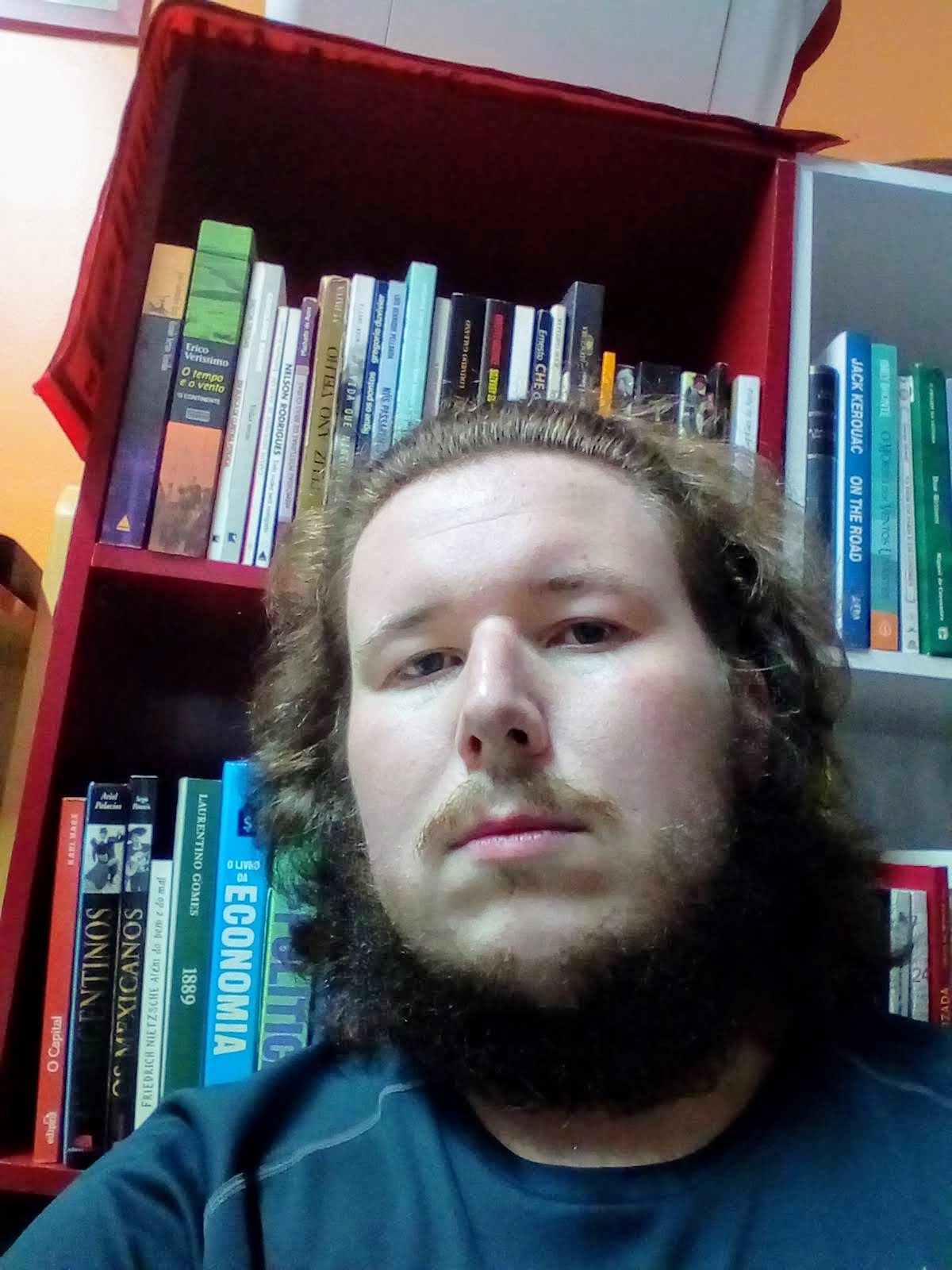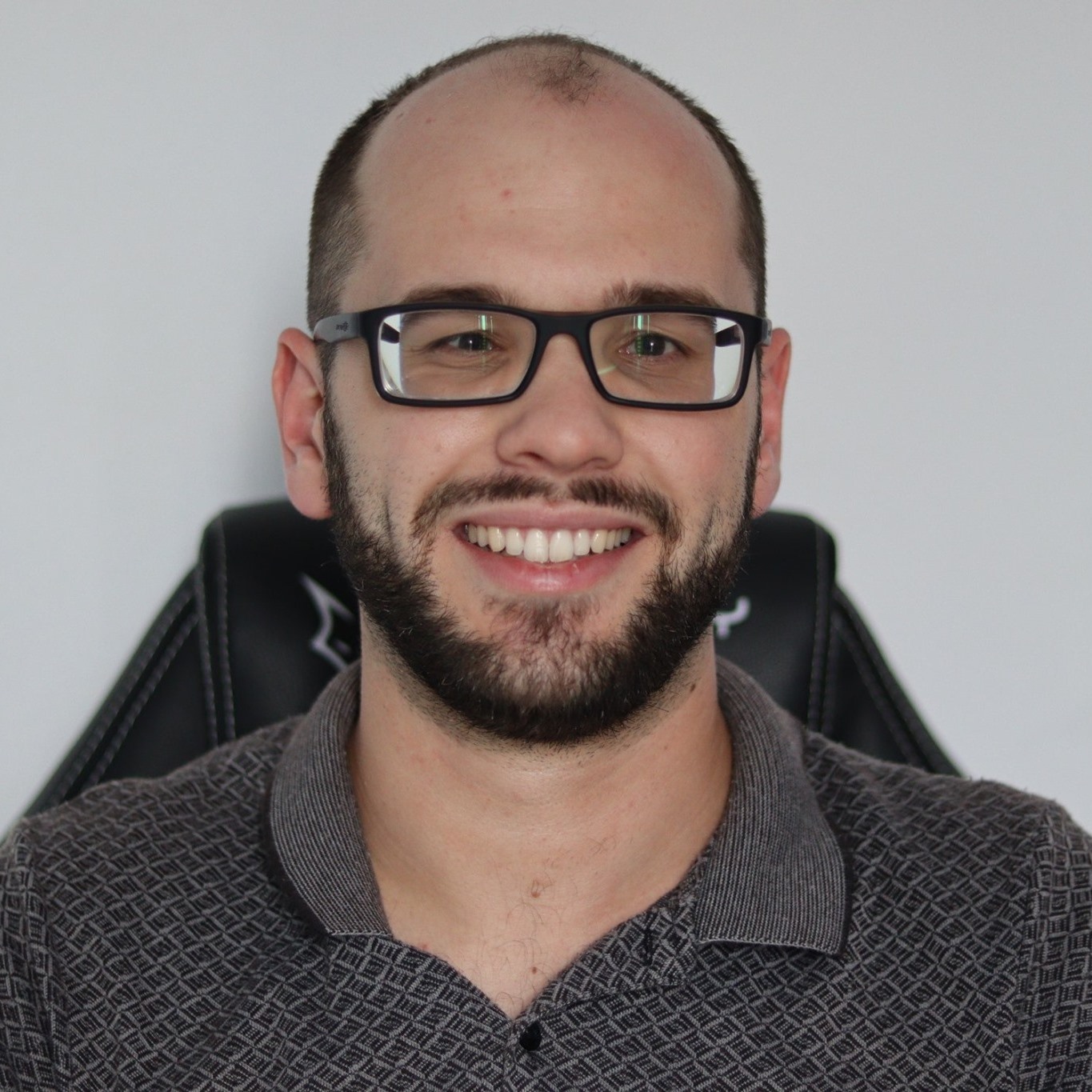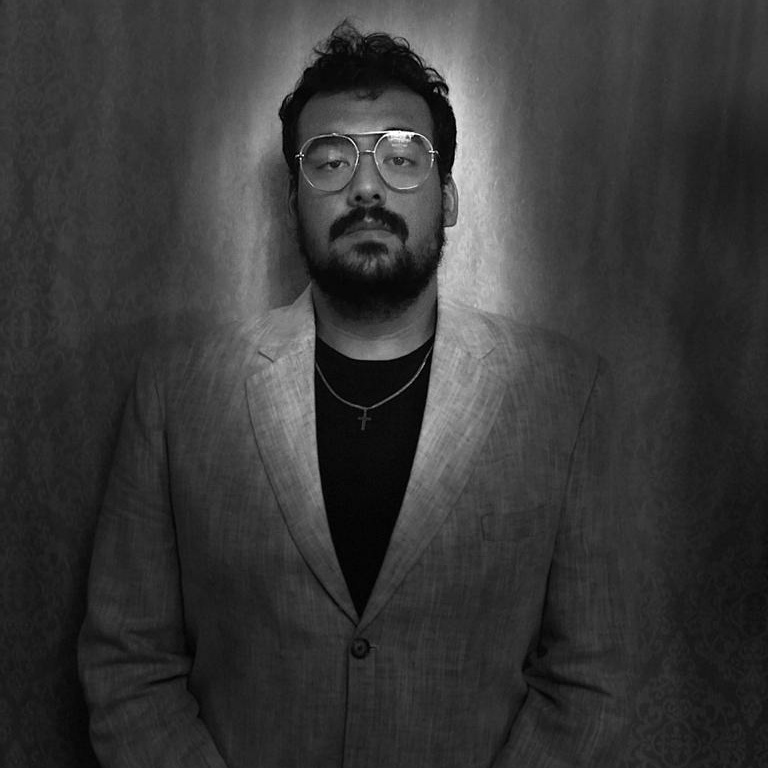Electrical Engineering (MSc/PhD)
Overview
The Professional Master’s in Electrical Engineering is designed to prepare professionals and to foster scientific and technological development in electronics manufacturing and packaging and industrial control and automation. It integrates knowledge and technology with key practical aspects to prepare competent and critical professionals for the work market, enabling them to become agents of change.
Unlike academic master’s programs, the Professional Master’s in Electrical Engineering focuses on applied research of practical and innovative solutions to the problems of national and international companies. The program is part of itt Chip.
Check it out:
Emphasis:Electro-electronic systems
Lines of action
Research is conducted involving topics related to characterization of materials used in electronics manufacturing and packaging, new materials, processes, tools and equipment for electronics manufacturing and packaging, techniques and tools for electrical, thermal and mechanical modeling of electronics and integrated circuit packaging, as well as product, module and integrated circuit testing.
Research is conducted involving topics related to modeling and identification of continuous and discrete processes, conventional and advanced control systems, industrial instrumentation, industrial networks, real-time systems, process assessment and diagnosis, process monitoring systems and industrial asset management.
Master's Degree Curriculum
The Professional Master’s in Electrical Engineering requires 32 credits distributed as follows: mandatory courses – 8 credits; elective courses – 16 credits; Final Paper – 4 credits; complementary credits – 4 credits total, 1 credit each item.
Mandatory Course (All research fields)
- Engineering Design Management (4 credits)
Mandatory Course – Research Field 1: Electronics Manufacturing and Packaging
- Foundations of Materials Science (4 credits)
Mandatory Course – Research Field 2: Control and Automation
- System Modeling (4 credits)
Elective Courses (All research fields)
- Introduction to Semiconductor Technology (4 credits) - Electromagnetic Compatibility (4 credits) - Research Work (4 credits)
Elective Courses – Research Field 1: Electronics Manufacturing and Packaging
- Materials for Packaging and PCIs (4 credits) - Thermal, Mechanical and Electrical Packaging Modeling (4 credits) - Advanced Design of Printed Circuit Board and SMT (4 credits) - Packaging Manufacturing processes (4 credits) - Integrated Circuit and Electronic Module Testing (4 credits) - Special Topics on Electronics Manufacturing and Packaging (4 credits)
Elective Courses – Research Field 2: Control and Automation
- Control and Automation Instrumentation (4 credits) - Control Systems (4 credits) - Discrete Systems (4 credits) - Networks and Protocols (4 credits) - Real-Time Systems (4 credits) - Digital Signal Processing (4 credits) - Special Topics on Control and Automation (4 credits)
Complementary Credits
- Progress Seminar (mandatory) (1 credit) - Technical Production Report 1 (mandatory) (1 credit) - Technical Production Report 2 (2 credit) - Participation in events and conferences 1 (1 credit) - Participation in events and conferences 2 (1 credit) - Scientific Writing (accept for publication) (1 credit)
Final Paper
-Final Paper (4 credits)
PROFESSORS
The student of the Electrical Engineering Graduate Program has at your disposal a faculty composed mostly of masters, doctors and post-doctor, with national and international training and recognized professional experience.

Cesar David Paredes Crovato
Doutor em Engenharia Elétrica ccrovato@unisinos.brGraduated, Master and Doctor at Electrical Engineering from UFRGS in 2001,2004 and 2010 respectively. He works as a Professor and Researcher at Univ. Unisinos CEO of Quarkx Technology (a hardware and software solutions company). Main areas of interest include: Power Quality, Electronic Devices and Circuits, Industry 4.0. Transversal areas of interest are: Precision Electronic Instrumentation, Digital Signal and Image Processing, Connectivity and Networks, Engineering Software and Applied Artificial Intelligence.
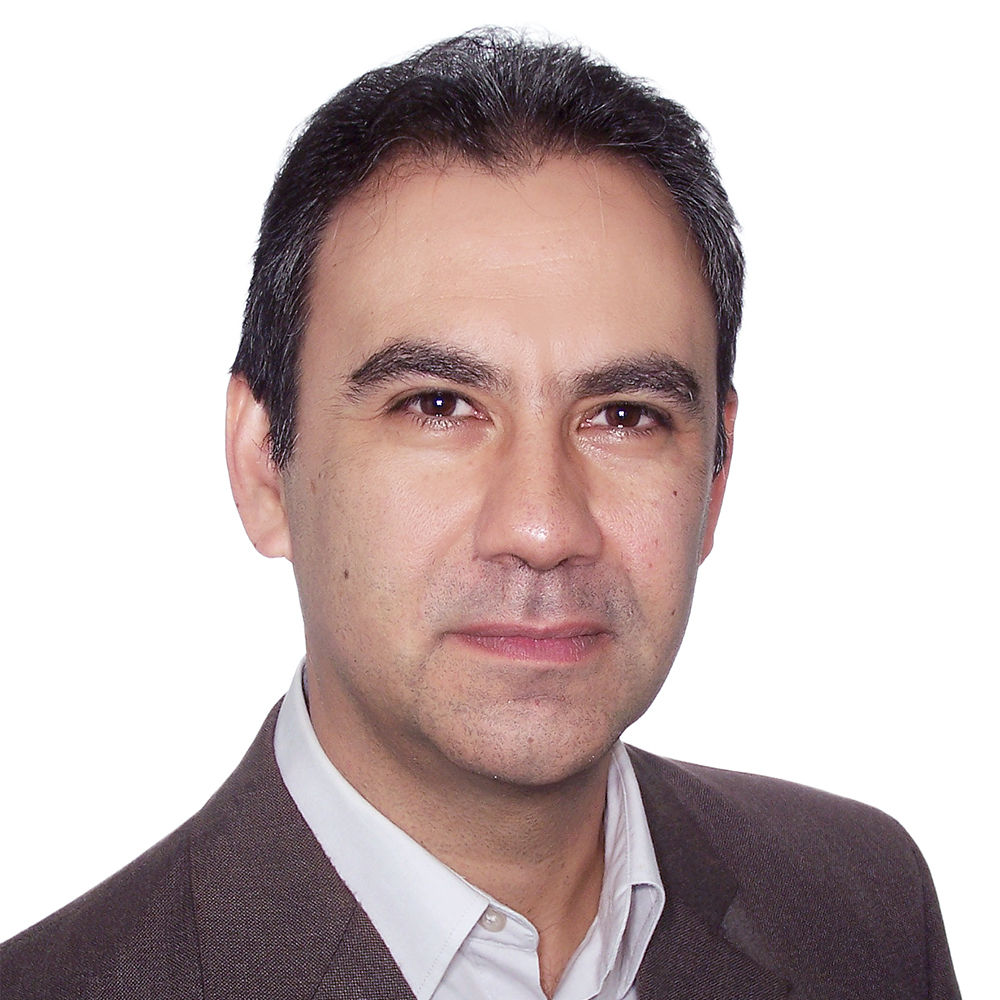
Jorge Luis Victoria Barbosa
Doutor em Computação jbarbosa@unisinos.brJorge Barbosa holds undergraduate degrees in Technology in Data Processing and Electrical Engineering. He obtained a specialization in Software Engineering and completed MsC and PhD in Computer Science. The professor conducted postdoctoral studies at Sungkyunkwan University (SKKU, Suwon, South Korea) and at University of California Irvine (UCI, Irvine, USA). Jorge works as a Productivity Researcher in Technological Development and Innovative Extension at CNPq. His interest areas are Mobile and Ubiquitous Computing, Internet of Things, Bigdata, Embedded Systems, Robotics, Smart Environments, Smart Cities, Smart Vehicles, Similarity Analysis and Patterns in Historical Contexts, Accessibility Applications, Agriculture, Commerce, Education, Industry 4.0, Logistics and Health.

Lucio Rene Prade
Doutor em Engenharia Elétrica luciorp@unisinos.brHe holds a doctorate in Electrical Engineering from UFSM (2020), a master's degree in Industrial Systems and Processes (2009) and a degree in Computer Science from Unisc (2005). He is an assistant professor at the Unisinos Polytechnic School and course coordinator. Has experience in the area of ??engineering and computing, with an emphasis on Intelligent Electrical Networks, Embedded Systems, Communication Systems, acting mainly on the following themes: sensor networks, internet of things, distributed energy sources management, digital systems and LPWAN networks.

Paulo Ricardo Da Silva Pereira
Doutor em Engenharia Elétrica PRPEREIRA@unisinos.brProfessor and researcher at the itt Chip and Polytechnic School of UNISINOS. He graduates in Electrical Engineering at Unisinos University, completed MSc and PhD in Electrical Engineering at Federal University of Santa Maria. He has experience in the area of Electrical Engineering, with an emphasis on Electricity Distribution, working at utilities Certaja, RGE and CEEE-D. Coordinator of the Group of Studies and Research on Electric Power Systems (GESEP) and researcher at INCT-GD. His areas of interest are Automation and Intelligent Electric Grids (Smart Grids), Embedded Systems, Health Technologies, Simulation, Power Quality and Industry 4.0, Rural Electrification, Renewable Sources and Distributed Energy Resources.
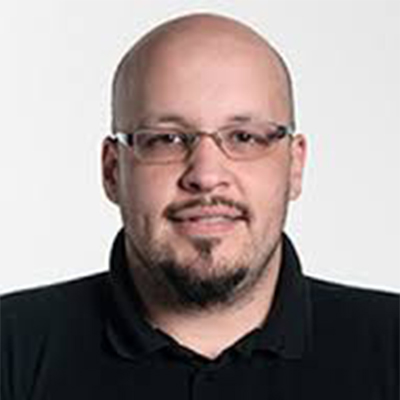
Rodrigo Marques De Figueiredo
Doutor em Geologia marquesf@unisinos.brResearcher in the Graduation in Electrical Engineering at UNISINOS. Has experience in Digital Prototyping, Communication Circuits, Sensing, Electronics, and Telecommunications Networks. His focus is on IIoT, Machine Learning, Artificial Intelligence and sensors

Sandro Binsfeld Ferreira
Doutor em Microeletrônica sbinsfeld@unisinos.brDoctor in Microelectronics from UFRGS. Researcher at the Semiconductors Institute with research interests in radio frequency integrated circuits design, electromagnetic compatibility, and Internet of Things. He is currently conducting a Productivity Scholarship in Research from CNPq and is a Senior Member of the IEEE Society.
Tatiana Louise Avila De Campos Rocha
Doutora em Ciências dos Materiais tlavila@unisinos.brBachelor in Industrial Chemistry (UFSM), Master in Materials Engineering (PPGEM/UFRGS), PhD in Materials Science (PGCIMAT / UFRGS in partnership with the University of Hannover), with an emphasis on Polymeric Materials and Post-doctorate in Nanocomposites at Braskem Design and Technology (PGDesign/UFRGS). He works in the areas of materials engineering, biomedical engineering, design and selection of materials, focusing on polymeric materials, nanomaterials and advanced materials, as well as projects in the area of modernization of engineering education, University-company interaction and internationalization. Coordinator of the Materials Engineering and Biomedical Engineering undergraduate courses and professor of the Professional Master Program in Electrical Engineering at the University of Vale do Rio dos Sinos. Board Member of the Brazilian Chapter of the Rubber Division, representative for South America of the German consortium of applied science universities UAS7 and member of the Board of Expert Advisor of the Engineering Education Modernization Program (PMG).





